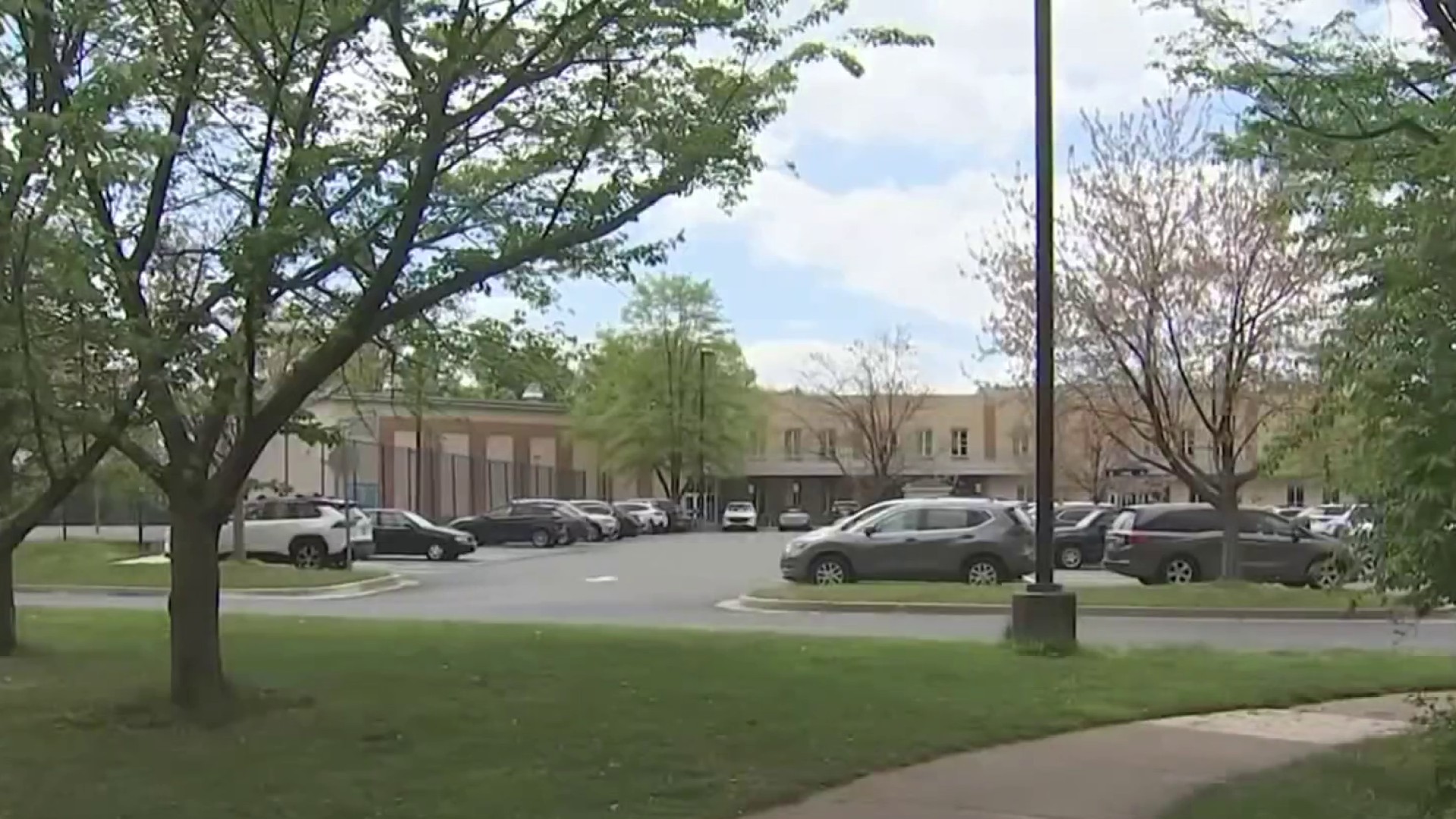A federal appeals court on Monday upheld Maryland’s ban on bump stocks and other devices that make guns fire faster, a state law that preceded a nationwide ban. Both bans responded to the deadliest mass shooting in modern U.S. history.
A divided three-judge panel from the 4th U.S. Circuit Court of Appeals rejected claims by gun owners’ rights advocates that Maryland’s law violates the Fifth Amendment’s prohibition on taking private property for public use without just compensation.
Maryland’s ban on private ownership of bump stocks and other “rapid fire trigger activators” took effect in October 2018, one year after a gunman opened fire on the crowd at a Las Vegas concert from a high-rise hotel suite, killing 58 people. The gunman, 64-year-old Stephen Paddock, had equipped several semiautomatic guns with bump stocks so they could fire at a rate approaching a fully automatic machine gun.
A nationwide ban on the sale and possession of bump stocks took effect in 2019. The Bureau of Alcohol, Tobacco, Firearms and Explosives outlawed the attachments at President Donald Trump’s direction after the Las Vegas mass shooting. In 2019, the U.S. Supreme Court declined to put the federal ban on hold.
We're making it easier for you to find stories that matter with our new newsletter — The 4Front. Sign up here and get news that is important for you to your inbox.
A group called Maryland Shall Issue and four of its members filed a class action in June 2018, naming Gov. Larry Hogan as the defendant. Hogan, a Republican, signed the state ban into law.
In the 4th Circuit’s majority opinion, Judge Stephanie Thacker said Maryland’s ban does not require bump stock owners to turn them over to the government or a third party. Property owners know that laws can make their personal belongings worthless in areas where the government has a “traditionally high degree of control,” Thacker said.
“We can think of few types of personal property that are more heavily regulated than the types of devices that are prohibited by (the law),” she wrote.
Local
Washington, D.C., Maryland and Virginia local news, events and information
Judge Julius Richardson, who partially dissented from the majority opinion, concluded that Maryland’s law violates the Fifth Amendment’s “takings clause.” Richardson said the court should have revived the plaintiffs’ claims under that clause.
“Surely, the government must compensate owners for their personal property if it physically dispossesses owners,” he wrote. “But Maryland instead requires owners to physically dispossess themselves—or face imprisonment.”
Richardson also rejected Maryland’s argument that the federal ban on bump stocks means the outcome of the appeal is moot. The state ban “applies more broadly than its federal counterpart” and bans at least one device that is excluded from the federal ban, he wrote.
Maryland Shall Issue executive director Mark Pennak said the plaintiffs likely will ask the full 4th Circuit to review the case.
“We do not challenge the right of the state to ban these (bumps stocks) prospectively for new owners,” he said Monday. “What we challenge is the right of the state to refuse to pay people whose own personal property is being taken because (the law) requires them to be destroyed.”
In November 2018, U.S. District Judge James Bredar ruled that the law “falls well within Maryland’s traditional police power to define and ban ultra-hazardous contraband.” The judge said the plaintiffs made a “circular argument leading to absurd results” in suggesting that states can pass and enforce contraband laws only with respect to items that already were defined as contraband.
“Under such an approach, public safety regulations would be permanently frozen in the past, and states would be inhibited from addressing new threats to the public, no matter how grave,“ he wrote.
Bump stocks and similar devices were widely available and largely unregulated before the Las Vegas shooting. Now anyone in possession of a bump stock can be charged with a federal offense punishable by up to 10 years in prison. A violation of Maryland’s ban is a misdemeanor that carries a maximum sentence of three years in prison and a $5,000 fine.
___
Associated Press reporter Lisa Marie Pane in Boise, Idaho, contributed to this report.



